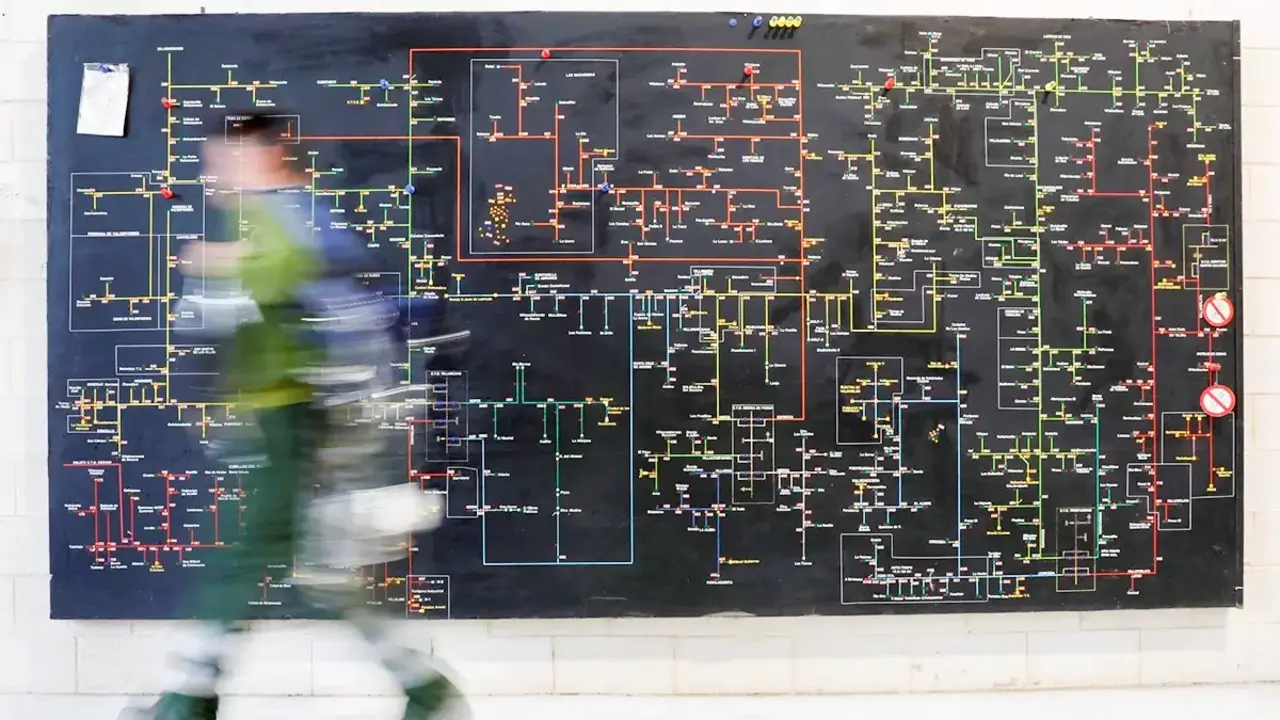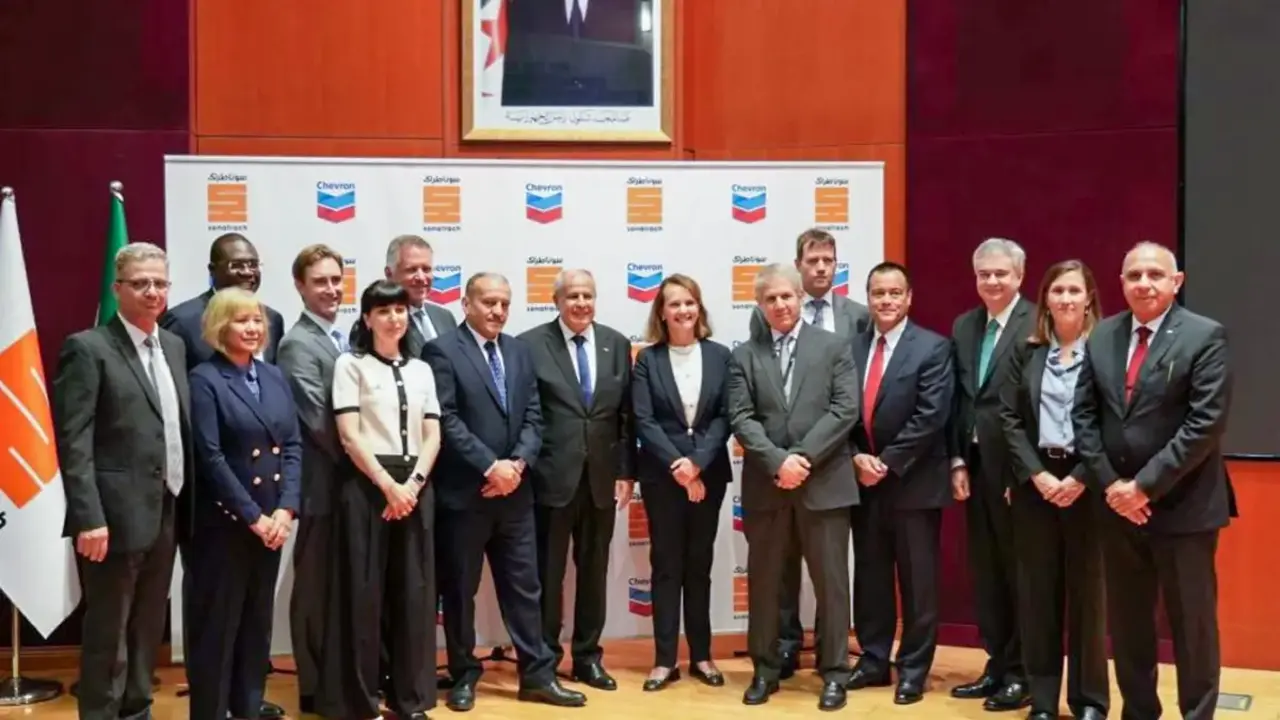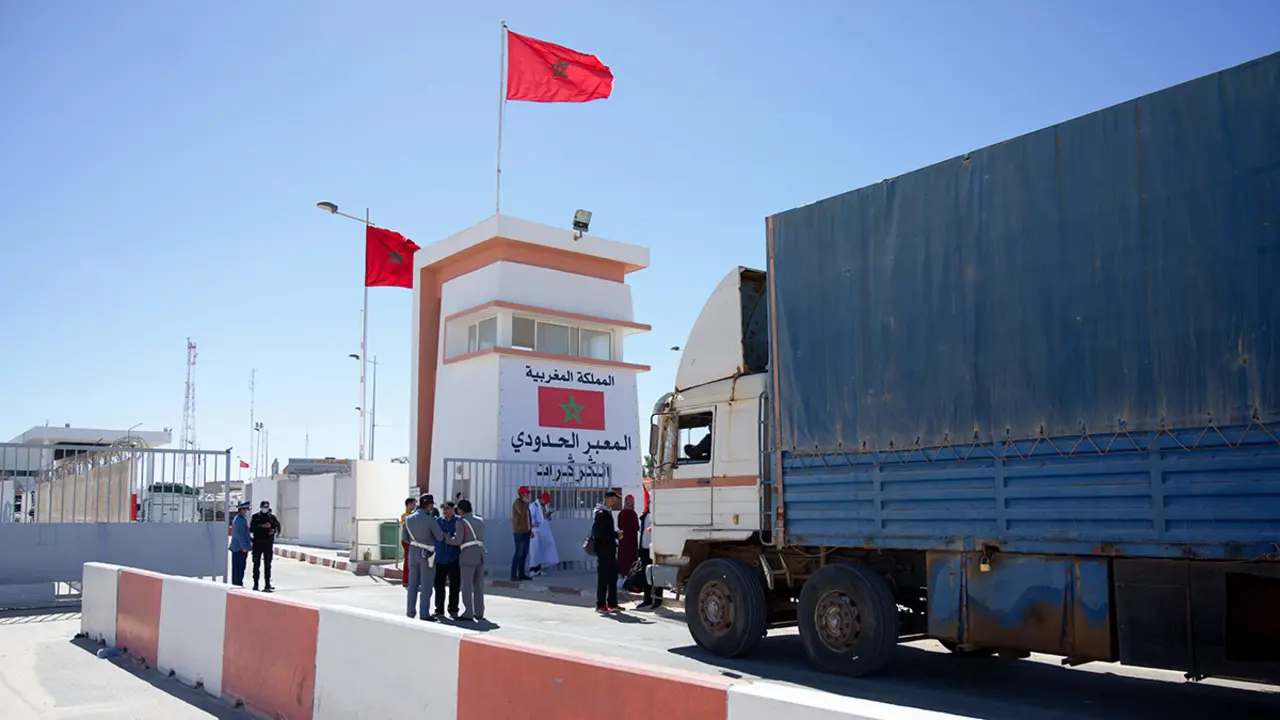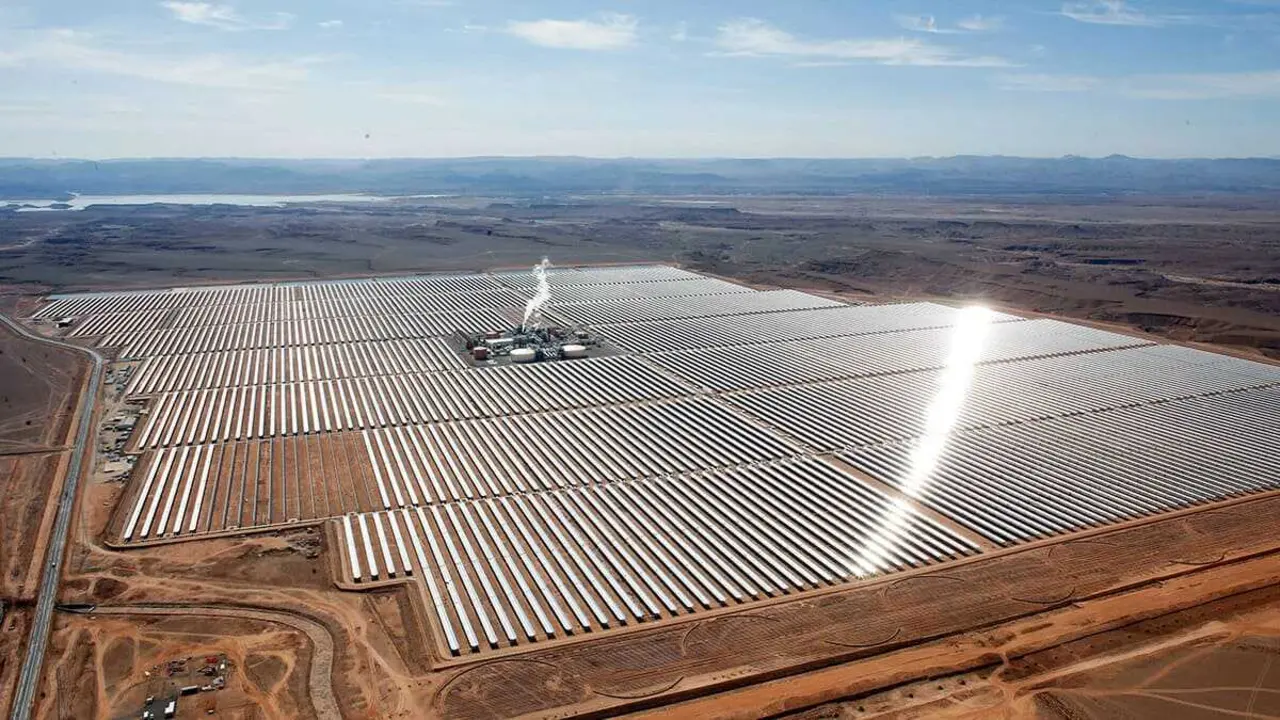Marruecos y la Unión Europea refuerzan su alianza

Morocco continues to expand its efforts to strengthen its position as the European Union's main ally on the African continent. In a context in which the diplomatic dispute with Algeria is straining the situation in North Africa, Rabat has managed to strengthen its ties with the supranational entity. In this case, thanks to an agreement on five reform projects in the Alawi kingdom worth up to 5.5 billion dirhams (almost 500 million euros).
Oliver Varhelyi, European Commissioner for Neighbourhood and Enlargement, travelled to Morocco on Wednesday to deepen cooperation with the Kingdom. The visit, in the framework of the "Euro-Moroccan Partnership for Shared Prosperity", served to launch the projects announced in June 2019. Varhelyi assured on his arrival in the country that "Morocco is and will continue to be an essential partner for the European Union". He also expressed how proud the Union is to begin implementing a series of projects ranging from social protection issues to ecological transition, access to financing and youth employment.

The arrival of the European Commissioner in Morocco is the first by an EU official since the European Parliament's resolution on press freedom in the Kingdom. One of the reasons why the meeting he expects to hold with the Moroccan Foreign Minister, Nasser Bourita, is even more relevant, if that is possible. However, the premise is to discuss the evolution of bilateral relations between the two sides, the prospects for development, and, of course, the five projects to be implemented with immediate effect in the Alaouite kingdom.
KARAMA is the name of one of the most important, relating to social protection. 1.43 billion dirhams - 130 million euros - will be allocated to reform what is one of Rabat's top priorities. The project is expected to ensure equitable access to universal health coverage, family benefits, unemployment insurance and pensions for all Moroccan citizens. Attention to migrants, as well as social assistance and the rights of vulnerable people, will also be part of KARAMA.

With regard to ecological transition, "Green Earth" is the programme that will support it in the framework of the EU-Morocco Green Partnership commitments. The idea is that it can help make a leap in innovation, focusing on two projects, one agricultural, "Green Generation", and the other on forestry, "Forests of Morocco". These, which aim to encourage investment in environmentally friendly energy, will be located in four agro-forestry regions: Tetouan-Tangier-Al Hoceima, Beni Melal-Jenifra, Draa-Tafilalet and Oriental. The investment for this initiative is 1.26 billion Moroccan dirham - 115 million euros - and also includes 15 million euros related to the Food and Resilience Facility 2022.
The digitisation of administrative services and procedures will be part of the planned reform of public administration. Five hundred and fifty million dirhams - 50 million euros - will be earmarked to improve access to and quality of public services for citizens and businesses. The main aim is to increase transparency and monitoring of the quality of service delivery. In addition, some services are to be decentralised, bringing the administration closer to the population and improving digitalisation.

The remaining 2.231 billion dirhams - just over 200 million euros - will be allocated to two projects that will support migration management and the national financial inclusion strategy. The first will support the strengthening of Alawi border management and the integration of refugees and migrants. These actions are intended to be in line with the National Strategy for Immigration and Asylum (SNIA), while combating trafficking networks and protecting the rights of migrants, reintegration in their country of origin of those who wish to return voluntarily, in line with international human rights standards.
Increasing access to finance for SMEs and start-ups in the framework of the national financial inclusion strategy is the last but not least aspect of this package of initiatives. All the more so as this project focuses on helping the vulnerable part of the population. Young people, women and those living in rural areas are expected to benefit from what is expected to be a major boost to business creation in Morocco.








